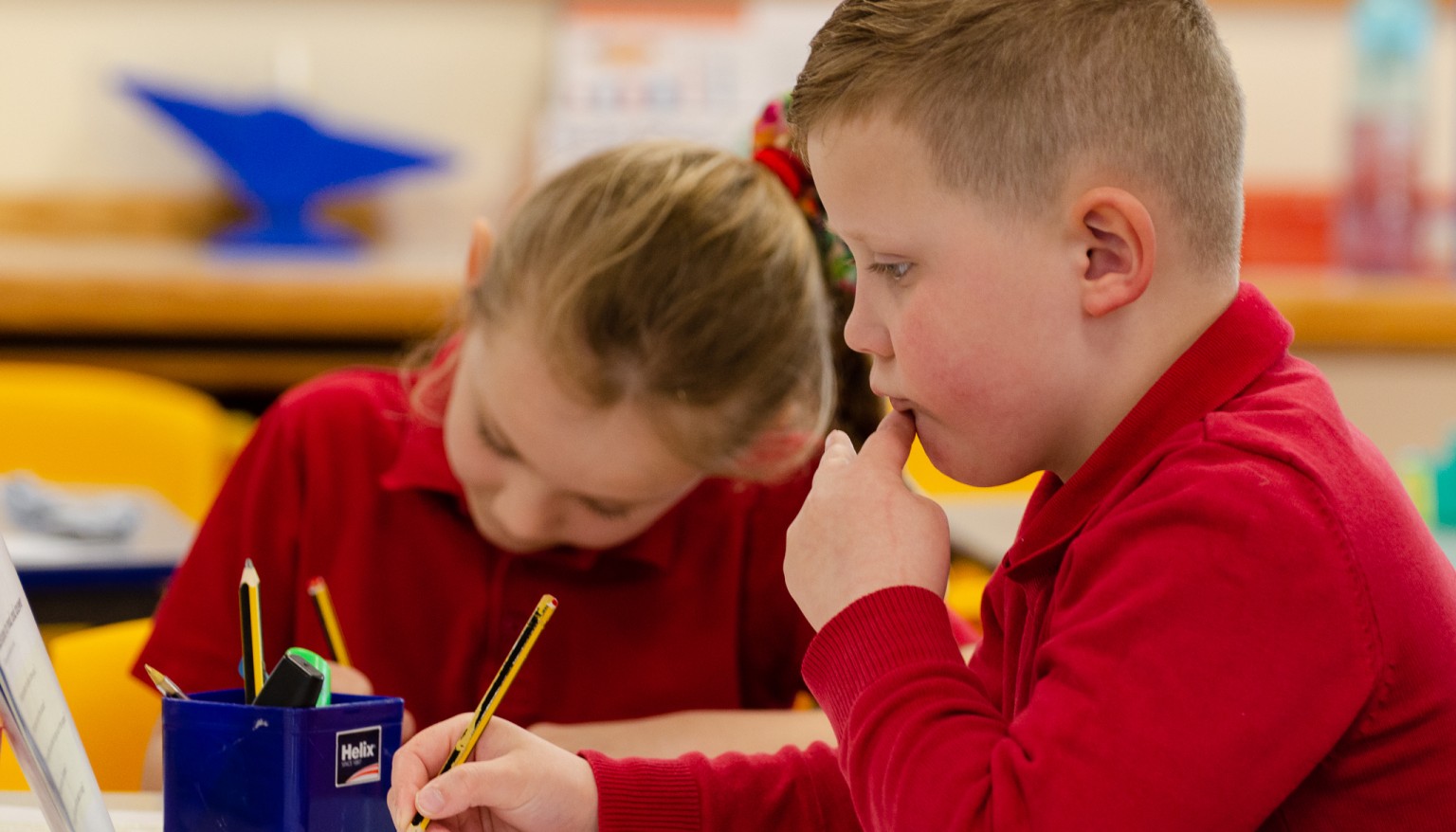Welcome to our writing page
Writing at Lockwood
Quality texts are the heart of our English Curriculum and the very fabric of our school. Our bespoke English curriculum is supported by the acclaimed 'Literary Tree'. At Lockwood, our primary focus through our book-based curriculum is to motivate children to write for a range of audiences and purposes using a range of high-quality children’s literature by significant authors. We do this through providing our children with a breadth of opportunities to immerse themselves in a range of literary worlds and themes, creating engagement and curiosity through ‘Book Hooks’, drama, discussion and debate. This allows our children to see themselves represented in print and also explore the lives and experiences of others.
Our carefully planned sequence of lessons provide opportunities to explore writing conventions and apply them into authentic writing for a range of real-life audiences and purposes. The writing journey is one we celebrate, as each stage of the process presents a further step to success. The writing outcomes are chosen for their relevance to the particular point in the text, so that children see the purpose in the skills learnt. Skills and outcomes are revisited to practise and consolidate learning.
We encourage children to see writing as an important life skill that needs to be developed so it can be applied right across the curriculum. In addition to daily writing lessons, which develop word-level, sentence-level and text-level skills, our children also have the opportunity to develop and refine their skills across foundation subjects and cross-curricular projects.
Within our English curriculum planning, our intent for writing is clear:
- We provide a creative and purposeful writing curriculum which is driven by relevant, rich, engaging texts from a range of genres; these act as excellent models for language, cultural broadening and skills development.
- Children become fluent and confident writers, writing for a range of contexts, audiences and purposes across both narrative and non-narrative text types; these build on word-level, sentence-level and text-level skills across progressive sequences of lessons.
- We use a mastery approach to writing in order to ensure that children’s knowledge, skills and understanding are secure and transferable across the curriculum, paving the way for success.
- Children are immersed in a range of literary worlds, are motivated to write and have the opportunity to edit, improve and transform their writing within the particular form they are writing and with the audience in mind.


